★½
“As appetizing as its title.”
 To be one hundred percent clear, the best thing about this is the rather arresting poster. A far better film than what we have here, would struggle to live up to it. Instead, we have a classic example of vanity cinema, where one man decides to write, direct and play a major part in his own movie. The over-ambition here is palpable, to an often accidentally amusing degree. Perhaps most obviously, a pair of “car chases” – and I use the quotes deliberately – which unfold at a stately 15-20 mph, involving a muscle car on which the production clearly could not afford a single scratch on the paint. They’d have been better off not bothering.
To be one hundred percent clear, the best thing about this is the rather arresting poster. A far better film than what we have here, would struggle to live up to it. Instead, we have a classic example of vanity cinema, where one man decides to write, direct and play a major part in his own movie. The over-ambition here is palpable, to an often accidentally amusing degree. Perhaps most obviously, a pair of “car chases” – and I use the quotes deliberately – which unfold at a stately 15-20 mph, involving a muscle car on which the production clearly could not afford a single scratch on the paint. They’d have been better off not bothering.
The story concerns an unnamed young woman, referred to in the credits only as The Driver (Carmichael). She picks up a vagabond, similarly called just The Hitchhiker (Knudson), as she is on her way to… Well, that’s left largely vague until late, though not as much as why she picks him up in the first place. The reason provided at the time, doesn’t make much sense in the light of subsequent events. Also operating in the area is a serial killer called the Highway Hunter, who is being sought by all the resources law enforcement can bring to bear. Which in this film would be a grand total of two (2) officers: Sheriff John Teagan (Fast, the director deciding to give the character he plays an actual name) and his deputy Corey Vernon (Hudson).
It isn’t particularly a whodunit, in the sense that the identity of the Highway Hunter is no great secret. It feels a little like Fast is trying to capture the spirit of The Hitcher. There’s an innocent, who is trapped by association on the road with a complete psycho, the police blaming them for a string of brutal murders. However, not a single element is anywhere in the same league, most obviously the gulf separating this from Rutger Hauer. Carmichael is rarely close to convincing, while Knudson looks like the makers ordered Keanu Reeves on Temu. Not helping matters: the faux film effects like scratches applied to the print. Fortunately, Fast seems to forget about this pointless affectation after the first few minutes of prologue.
There are times when it feels this might be intended as a bone-dry spoof, rolling out idiocy with a deadpan face. Witness the way The Driver manages to strangle someone when a) they are lying on top of her back, and b) her hands are handcuffed behind her. I suggest you get a partner and role-play that out, if you need convincing of its implausibility. Things escalate from there, by which I mean they become both dumber and less interesting. I was genuinely surprised to learn Fast has a previous feature, because almost every aspect of this screams “No experience”. Let’s hope he learns from this. Ideally, learns not to bother making any further films.
Dir: Warren Fast
Star: Caitlin Carmichael, Ryan Knudson, Warren Fast, Trenton Hudson





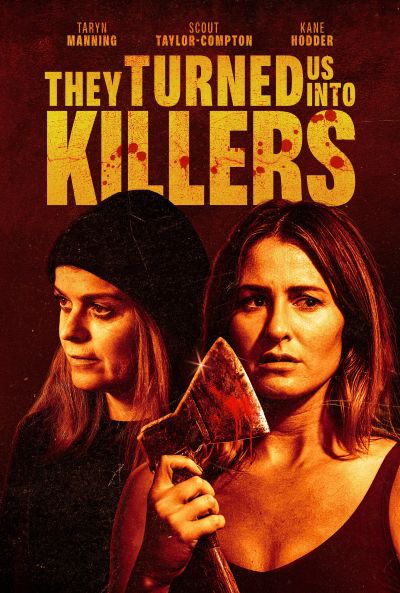 Well, this is a spectacular mess. Except, the word “spectacular” implies something of interest, and that’s far from anything this delivers in its boring trudge towards a predictable ending. It demonstrates the perils when you, as a film-maker, decide to take your story and fragment the timeline. This only works if the script is able to maintain coherence around the jumps back and forth. This painfully fails on that count, beginning in the middle, but then bouncing back and forth to the point you know little and care less about any of the participants, or what happens to them. How bad is it? It gets the rare honour of me starting on the review, when there’s still half an hour to go.
Well, this is a spectacular mess. Except, the word “spectacular” implies something of interest, and that’s far from anything this delivers in its boring trudge towards a predictable ending. It demonstrates the perils when you, as a film-maker, decide to take your story and fragment the timeline. This only works if the script is able to maintain coherence around the jumps back and forth. This painfully fails on that count, beginning in the middle, but then bouncing back and forth to the point you know little and care less about any of the participants, or what happens to them. How bad is it? It gets the rare honour of me starting on the review, when there’s still half an hour to go. Back when I reviewed
Back when I reviewed 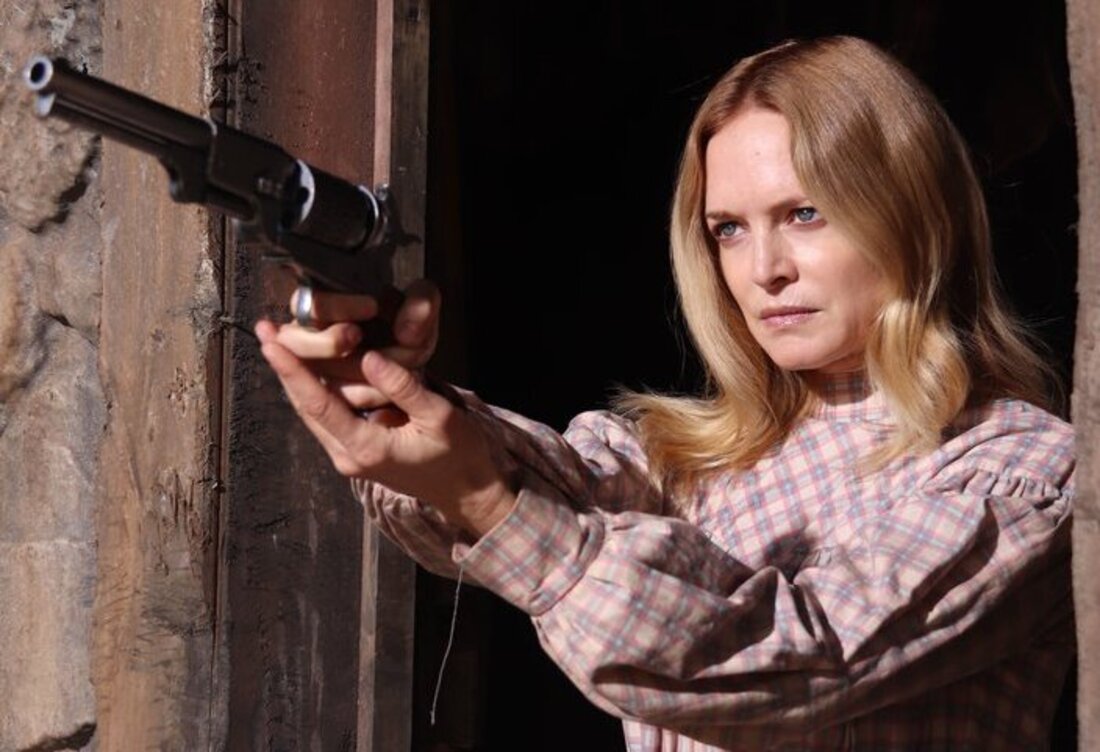 This is definitely a slow burn. The first hour is more concerned with depicting the life of Pandora and Hester, along with how Calhoun’s arrival changes things. Though I have to say, after how the film shifts at the end, you’ll find yourself viewing these early interactions in a very different light. Bear John doesn’t even arrive on screen until well into the movie, in a well-handled scene which does a good job of depicting his gang and their relationships. Thereafter, there’s a looming sense of threat, with a ticking clock of escalating tension as the cabin’s inhabitants try to get ready for the violence to come. Again, without revealing too much, mother and daughter may be more ready for this than they seem.
This is definitely a slow burn. The first hour is more concerned with depicting the life of Pandora and Hester, along with how Calhoun’s arrival changes things. Though I have to say, after how the film shifts at the end, you’ll find yourself viewing these early interactions in a very different light. Bear John doesn’t even arrive on screen until well into the movie, in a well-handled scene which does a good job of depicting his gang and their relationships. Thereafter, there’s a looming sense of threat, with a ticking clock of escalating tension as the cabin’s inhabitants try to get ready for the violence to come. Again, without revealing too much, mother and daughter may be more ready for this than they seem.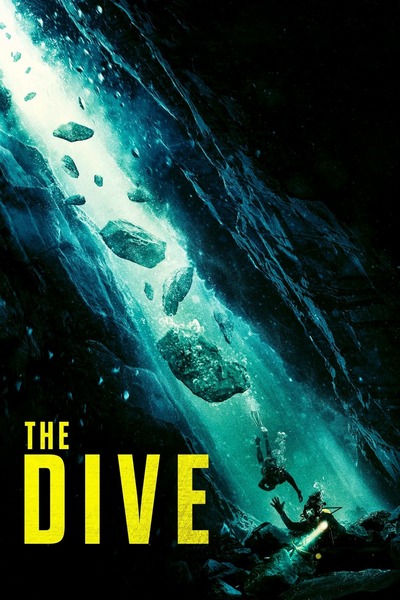 This is an English language remake of
This is an English language remake of  The palpable sense of disappointment I felt when the end credits rolled, was all the more striking, given the decent way this opened. Ayse (Koç) is enjoying a shower after some afternoon delight with her lover, when there’s a thunderous knocking on the door. It’s her thoroughly disgruntled ex-husband. In the resulting fracas, the boyfriend is shot dead, and Ayse has to leap out of a window, and go on the run. Friends and family disown her, as the ancient concept of the honour killing still holds sway in contemporary Turkey. She can’t even go to the authorities, since the ex-husband is a policeman.
The palpable sense of disappointment I felt when the end credits rolled, was all the more striking, given the decent way this opened. Ayse (Koç) is enjoying a shower after some afternoon delight with her lover, when there’s a thunderous knocking on the door. It’s her thoroughly disgruntled ex-husband. In the resulting fracas, the boyfriend is shot dead, and Ayse has to leap out of a window, and go on the run. Friends and family disown her, as the ancient concept of the honour killing still holds sway in contemporary Turkey. She can’t even go to the authorities, since the ex-husband is a policeman. 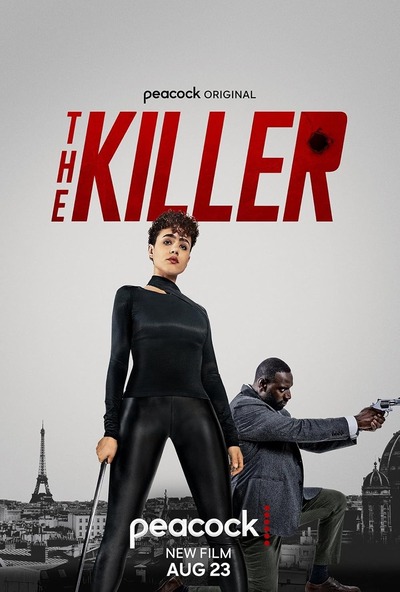 Back in 1990, I saw the original version of The Killer at the ICA in London. I’d never seen anything like it, and didn’t quite know what to think. But it kindled a deep fondness for Hong Kong cinema, and it’s also likely one of the most influential action films of the decade, whose impact is still being felt today. I wasn’t sure what to think about a remake, especially a gender-swapped one. These rarely work – hello, Ghostbusters. But at least this one was going to be done by the original director. Especially after having enjoyed his
Back in 1990, I saw the original version of The Killer at the ICA in London. I’d never seen anything like it, and didn’t quite know what to think. But it kindled a deep fondness for Hong Kong cinema, and it’s also likely one of the most influential action films of the decade, whose impact is still being felt today. I wasn’t sure what to think about a remake, especially a gender-swapped one. These rarely work – hello, Ghostbusters. But at least this one was going to be done by the original director. Especially after having enjoyed his  There’s something to be said for sparse simplicity, and this delivers on that concept in spades. Except for occasional flashbacks, the entire things takes place in one location: a facility somewhere in Europe. It’s where Cassie ends up, locked in a cage, after being abducted while on a trip from Britain, intending to find herself. She’s then deposited in a hall and made to fight for the amusement, gambling or whatever of online spectators. She starts off facing animals, but through pharmaceutical treatment, her strength, speed and savagery are enhanced, and the opponents – both fauna and, eventually, her own species too – become more vicious. The shock collar around her neck ensures her compliance.
There’s something to be said for sparse simplicity, and this delivers on that concept in spades. Except for occasional flashbacks, the entire things takes place in one location: a facility somewhere in Europe. It’s where Cassie ends up, locked in a cage, after being abducted while on a trip from Britain, intending to find herself. She’s then deposited in a hall and made to fight for the amusement, gambling or whatever of online spectators. She starts off facing animals, but through pharmaceutical treatment, her strength, speed and savagery are enhanced, and the opponents – both fauna and, eventually, her own species too – become more vicious. The shock collar around her neck ensures her compliance.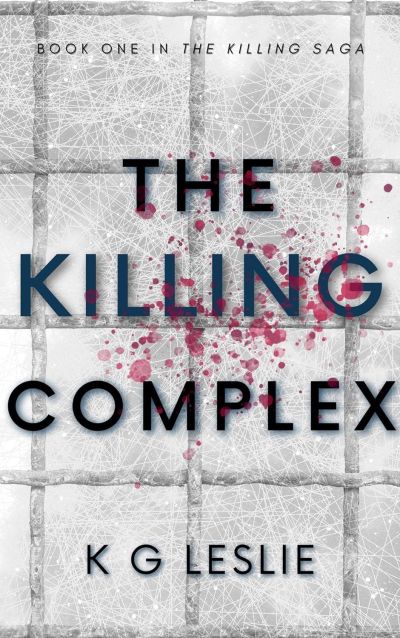 In the early going, much of this unfolds inside Cassie’s head, as she goes through what perhaps seems inspired by the five stages of grief, from rejecting the reality of her predicament, through anger, and ending up in a personal commitment to do whatever is necessary in order to survive – even if this comes at the cost of her own humanity. But just when she’s on the edge of becoming a soulless killing machine, she’s relocated, and placed next to another prisoner, Thomas. He was also abducted, but more recently, so hasn’t been ground down by his situation yet, and his optimism reignites Cassie’s own interest in life. But is everything quite what it seems, or are there other agendas at work?
In the early going, much of this unfolds inside Cassie’s head, as she goes through what perhaps seems inspired by the five stages of grief, from rejecting the reality of her predicament, through anger, and ending up in a personal commitment to do whatever is necessary in order to survive – even if this comes at the cost of her own humanity. But just when she’s on the edge of becoming a soulless killing machine, she’s relocated, and placed next to another prisoner, Thomas. He was also abducted, but more recently, so hasn’t been ground down by his situation yet, and his optimism reignites Cassie’s own interest in life. But is everything quite what it seems, or are there other agendas at work?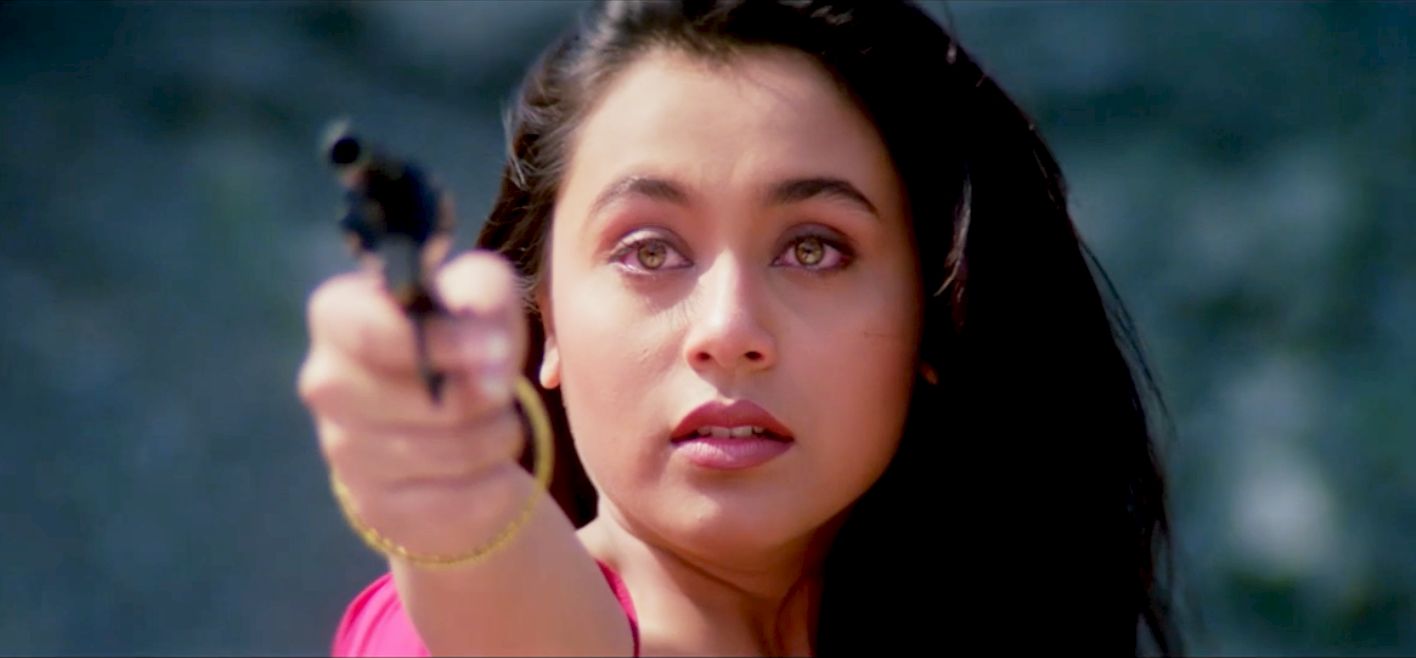 ★★½
★★½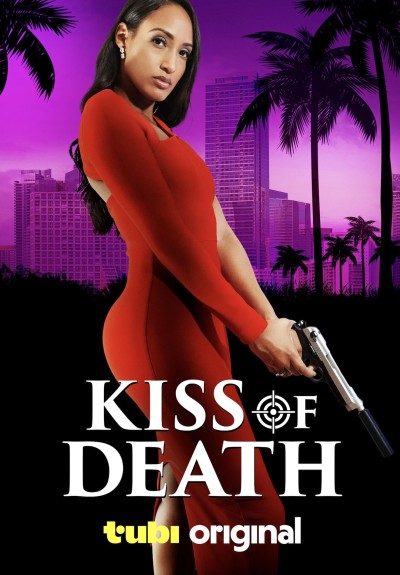 The relationship between Mykah (Leason) and Jameson (Chandler) is quickly heading for the rocks, as the honesty between them has evaporated. He suspects her of lying to him and having an affair: and he’s half-right. For Mykah is misleading him about the reason for her odd hours, though it is work-related as she claims. It’s just that her job is as an assassin, who kills the husbands of battered women, assisted by family friend Lady (Frazier). After successfully offing a prospective politician, Mykah’s next job is Dyson (Jackson), after his wife Chantelle tearfully tells her story of abuse, and offers to pay half a million dollars for a job well done.
The relationship between Mykah (Leason) and Jameson (Chandler) is quickly heading for the rocks, as the honesty between them has evaporated. He suspects her of lying to him and having an affair: and he’s half-right. For Mykah is misleading him about the reason for her odd hours, though it is work-related as she claims. It’s just that her job is as an assassin, who kills the husbands of battered women, assisted by family friend Lady (Frazier). After successfully offing a prospective politician, Mykah’s next job is Dyson (Jackson), after his wife Chantelle tearfully tells her story of abuse, and offers to pay half a million dollars for a job well done.